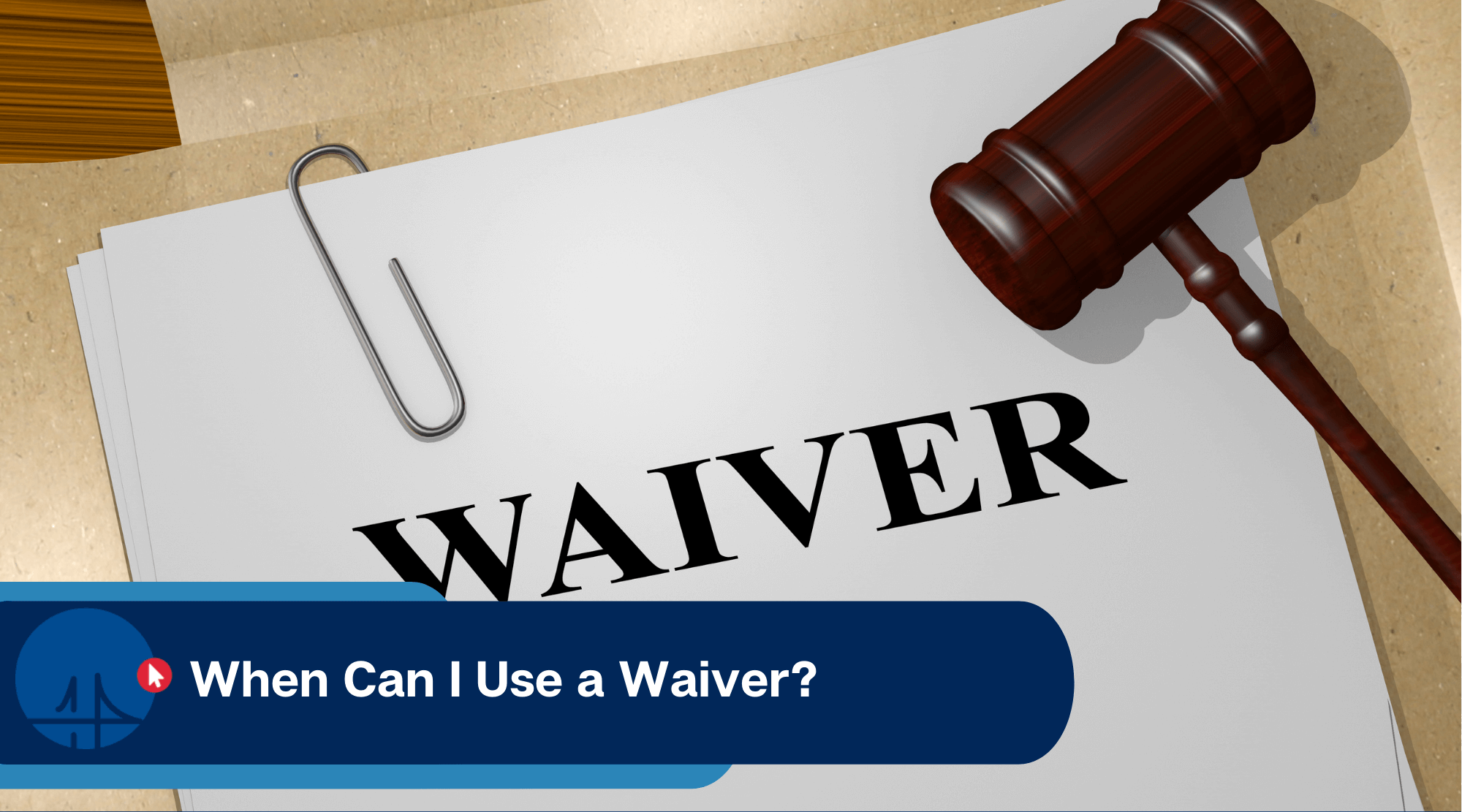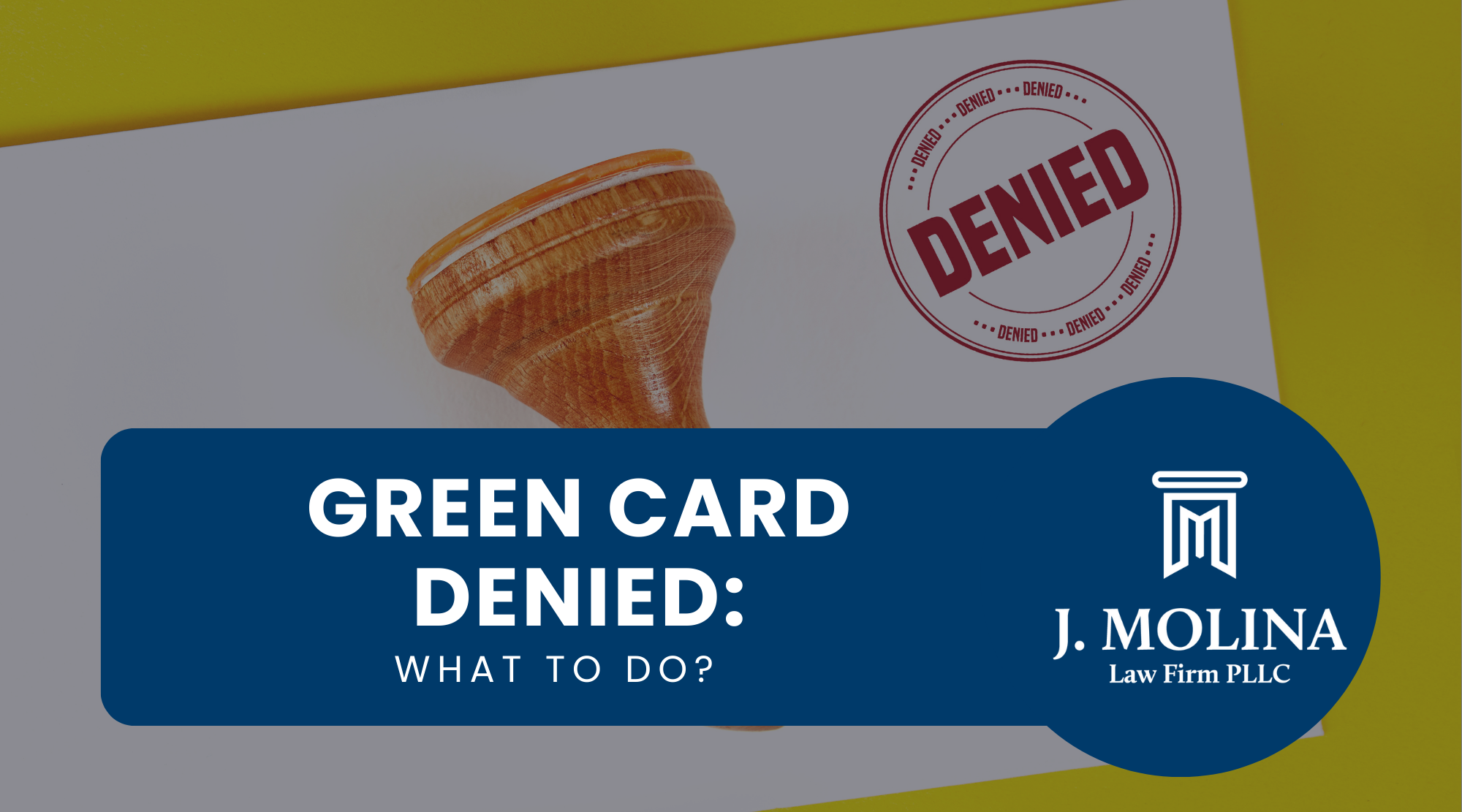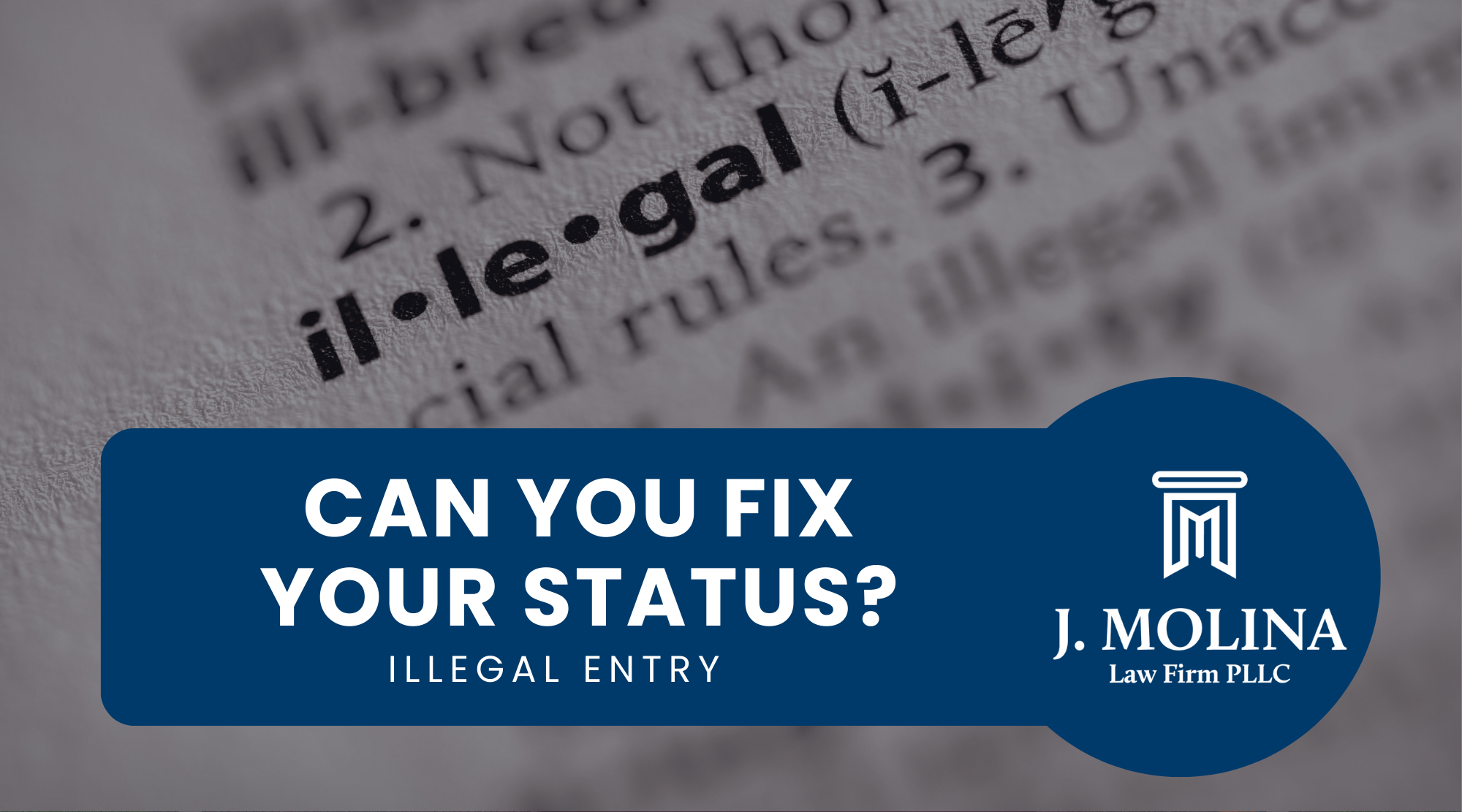When a person is inadmissible to the United States and they want to apply for and get an immigrant visa, adjust their status, other nonimmigrant status, or even other immigration benefits, they will need to seek a waiver of certain grounds of inadmissibility. In the following article we will explore when a waiver is available for a person, and how they can be used.
The process of filing and applying for a waiver is best completed with legal representation, so if you have been deemed inadmissible to the United States and want to know if you’re eligible for a waiver, you can schedule a confidential consultation with an expert attorney.
Can I get a waiver?
Your eligibility for an inadmissibility waiver depends on what you did, why you need a waiver, family status, and why you seek lawful residence (or entry) in the United States. The most common waivers are filed on forms I-601 or I-212. Sections 212(h), 212(I), 212(a)(9)(v) of the Immigration & Nationality Act (INA) list the qualification requirements. If need an inadmissibility waiver, consult with an experienced immigration attorney. An immigration attorney can assess whether you are inadmissible; and if you are if you qualify for a waiver.
Qualifying relatives and grounds of inadmissibility.
To qualify for most waivers, you must be the son or daughter, the spouse, or in some limited circumstances, the parent of a United States citizen or lawful permanent resident of the United States. For example, a waiver under section 212(h) for crimes involving moral turpitude (“CIMT”) or possession of marihuana, among other things, can be requested if the person requesting it is the spouse, parent, son, or daughter of a U.S. citizen or lawful permanent resident of the United States. That person must also show that his or her relative would suffer “extreme hardship” if they are denied admission to the U.S. Below is a non-exhaustive list of some other examples of criminal activity that can be waived using form I-601:
- Possession of paraphernalia relating to possession of less than 30g of marihuana.
- Multiple convictions
- Theft offense
- Assault offenses
- Forgery, among many others.
Under INA section 212(i) you may also waive inadmissibility issues dealing with fraud and willful misrepresentation for immigration purposes with form I-601. Other grounds of inadmissibility may be waived but there are subtle differences that might make a person eligible for a waiver immediately, in ten years, or permanently ineligible for one.
The ten-year bar and the permanent bar.
The 3 and 10-year bar and the permanent bar are likely the most common grounds of inadmissibility and the least understood. In our previous article we explained how you may be considered inadmissible on these grounds. The inadmissibility bars are triggered immediately after the person departs the U.S. However, they may remain eligible for a waiver if that person is the spouse, son, or daughter of a U.S. Citizen or lawful permanent resident. To get the waiver approved it must be shown that denying that person admission to the U.S. would cause “extreme hardship” to the qualifying relative.
The permanent bar is triggered after a person who is already inadmissible under the 3 or 10-year bar reenters or tries to reenter the U.S. without inspection. For example, a person entered without inspection to the U.S. in 1998, lived in the U.S. for two years and went back to Mexico because a parent died, and then returned without inspection to the U.S. Here the person triggered the 3/10-year bar after departing the U.S. when that person had over one year of unlawful presence in the U.S. and then the permanent bar when they tried to reenter. In permanent bar cases, the person’s only option is to wait 10 years and request waiver in form I-212 before reentering the U.S. The permanent bar becomes a bar for life if a person is convicted of an aggravated felony.
Waiver after ten years outside the United States.
If you triggered the permanent bar and spent 10 years outside of the United States, you may apply to waive these grounds of inadmissibility with Form I-212. The following factors are to be consider in the adjudication of a Form I-212 Application for Permission to Reapply after triggering the permanent bar:
(1) The basis for deportation; (2) length of residence in the United States; (3) applicant’s moral character; (4) applicant’s respect for law and order; (5) evidence of reformation and rehabilitation; (6) family responsibilities; (7) any inadmissibility under other sections of law; (8) hardship to applicant and others; (9) and the need for the applicant’s services in the United States.
If a person is found to have poor moral character based on the person’s callous and conscious disregard of the immigration laws, the recency of deportation can be considered. “In all other instances when the cause of deportation has been removed and the person now appears eligible for issuance of a visa, the time factor should not be considered.” Finally, “after-acquired equities” are accorded less weight for purposes of assessing favorable equities in the exercise of discretion. Unlike waivers filed in form I-601, waivers filed in form I-212 do not need a qualifying relative.



